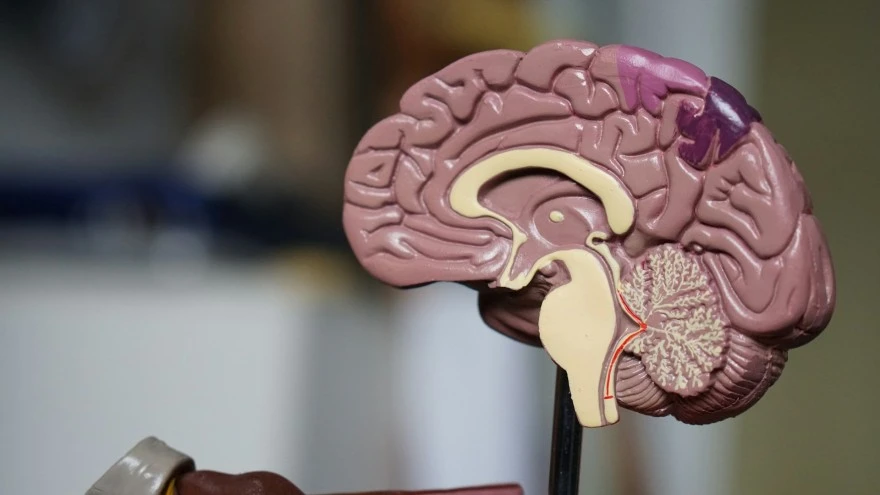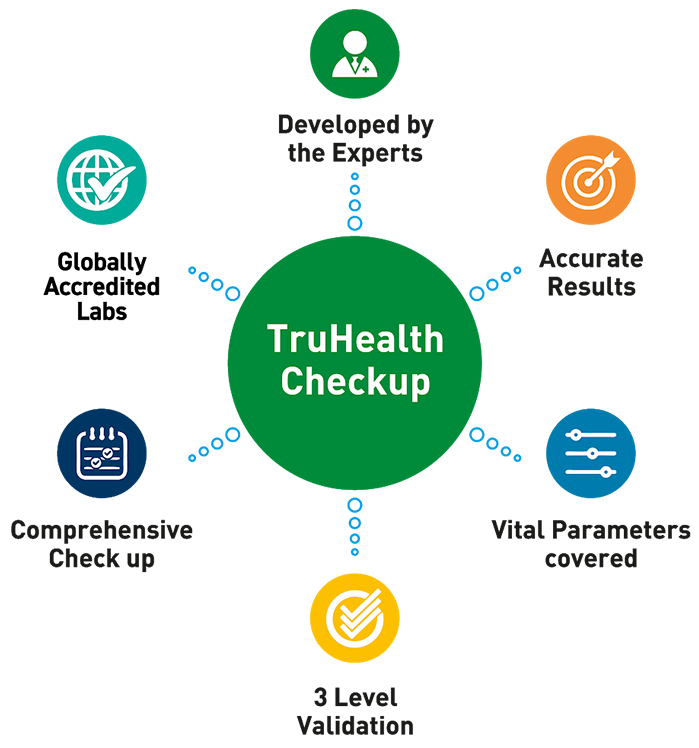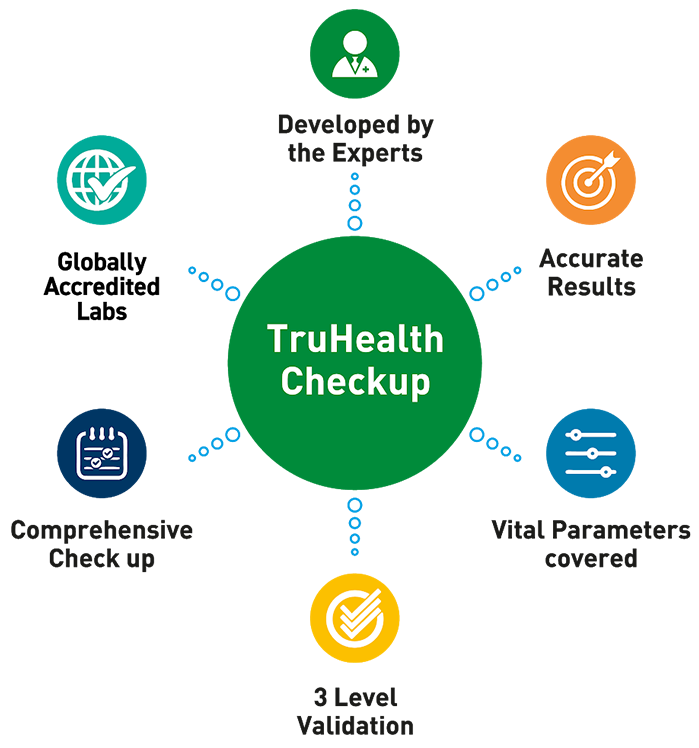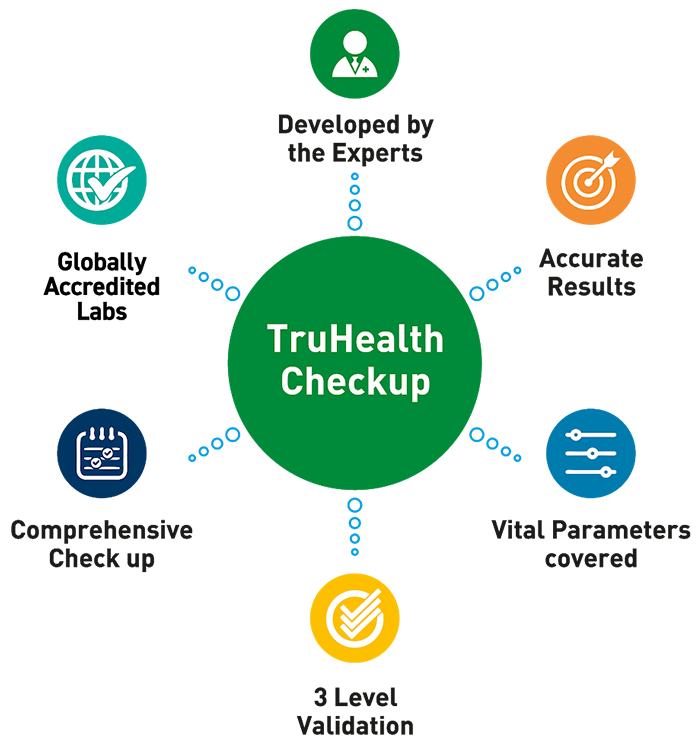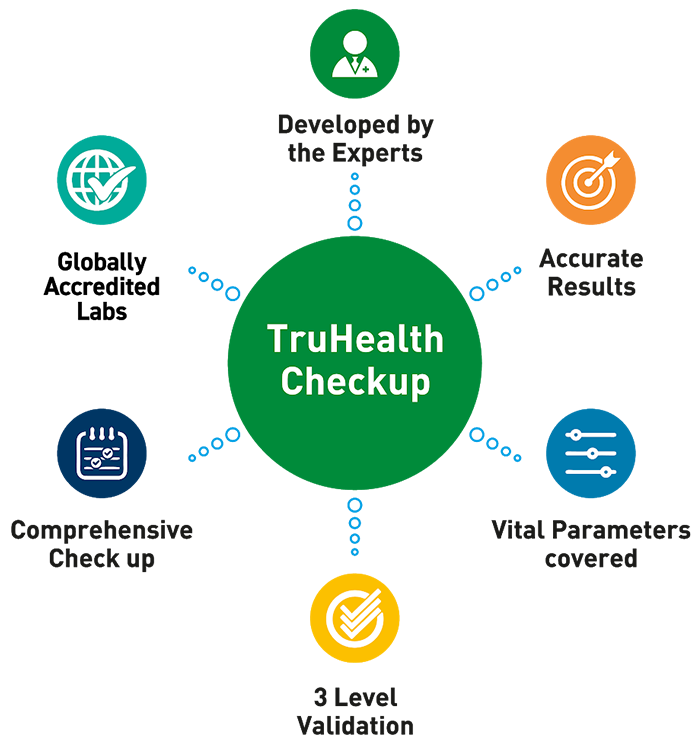Preventive Healthcare
Understanding Splenomegaly: Causes, Symptoms, and Treatment

Table of Contents
- What Is An Enlarged Spleen (Splenomegaly)?
- What Are The Symptoms Of Splenomegaly?
- What Are The Causes Of Splenomegaly?
- What Are The Complications Of Splenomegaly?
- How Is Splenomegaly Diagnosed?
- How Do You Treat An Enlarged Spleen (Splenomegaly)?
- How Should I Take Care Of Myself If I Have An Enlarged Spleen?
- What Are The Side Effects Of Having Your Spleen Removed?
- When To See A Doctor For My Splenomegaly?
- Conclusion
Your spleen, is normally about the size of your fist, is an important part of your immune system. If enlarged, this may indicate an underlying health problem. This condition, known as splenomegaly, not a disease in itself, but rather a symptom of an underlying problem. In this guide, we'll learn everything you need to know about splenomegaly, its symptoms, diagnostic causes, and treatment options.
What Is An Enlarged Spleen (Splenomegaly)?
An enlarged spleen (splenomegaly) occurs when the spleen becomes larger than normal. The spleen is located on the left side of the abdomen under the rib cage and is the main organ responsible for filtering blood. An enlarged spleen may not always cause noticeable symptoms, but it can lead to abdominal discomfort and a number of other complications.
What Are The Symptoms Of Splenomegaly?
Splenomegaly symptoms can vary from person to person. Common splenomegaly symptoms may include:
- You might feel tenderness or pain in the upper left part of your abdomen, which could radiate to your left shoulder.
- You may feel unusually full or bloated, even after eating only a small amount of food
- You might feel more tired than usual, even after getting enough rest.
- Your blood's ability to clot properly can be affected by an enlarged spleen that leads to easy bruising or prolonged bleeding.
- You may notice a decrease in red blood cells due to an enlarged spleen that causes anaemia, leading to symptoms like weakness, shortness of breath, and pale skin.
- In some cases, an enlarged spleen can cause yellowing of the skin and eyes due to the increased breakdown of red blood cells.
What Are The Causes Of Splenomegaly?
Here are some common splenomegaly causes you should be aware of:
- Your spleen may enlarge in response to infections such as mononucleosis, malaria, or bacterial infections like endocarditis.
- Conditions like cirrhosis or hepatitis can lead to increased pressure in the veins entering the spleen, causing it to enlarge.
- Certain blood disorders like sickle cell anaemia, leukaemia, or lymphomas can cause abnormal blood cell production and are one of the common splenomegaly causes.
- Chronic inflammatory conditions like rheumatoid arthritis, lupus, or sarcoidosis can trigger immune responses that result in spleen enlargement.
- Solid tumors or metastatic cancer in nearby organs may spread to the spleen, causing it to enlarge.
- Conditions that obstruct blood flow in the spleen, such as blood clots are also some splenomegaly causes.
- Injury to the abdomen or spleen itself can cause swelling and enlargement.
What Are The Complications Of Splenomegaly?
Common splenomegaly complications may include:
- A significantly enlarged spleen becomes more fragile and prone to rupture, especially if there has been abdominal trauma. A ruptured spleen can cause severe internal bleeding.
- Your enlarged spleen may capture and destroy more blood cells than usual, leading to fewer in red blood cells, white blood cells, or platelets.
- If splenomegaly is caused due to a liver disease, it can increase pressure in the veins of your liver (portal hypertension). This can lead to complications such as ascites (fluid build-up in the abdomen) or varices (enlarged veins in the oesophagus or stomach that can bleed).
- An enlarged spleen can malfunction, making you more susceptible to infections, especially from encapsulated bacteria. This increases the risk of serious infections such as pneumonia (a type of lung infection) or meningitis (inflammation of the brain).
How Is Splenomegaly Diagnosed?
Here's what you can expect during a splenomegaly diagnosis:
- Your doctor will begin by doing a physical exam, palpating your abdomen to determine if your spleen is enlarged, and evaluating for any tenderness or abnormal masses.
- You will discuss your medical history, including any symptoms you have experienced and any relevant previous illnesses or conditions.
- Your doctor may order imaging tests, such as an ultrasound, CT scan, or MRI, to learn more about your spleen and surrounding organs. These tests can help confirm the in splenomegaly diagnosis and identify any underlying causes.
- Blood tests can provide valuable information about blood counts, liver function and markers of infection or inflammation. These tests help your doctor evaluate your spleen function and detect splenomegaly.
- In some cases, a spleen biopsy may be needed to determine the underlying splenomegaly causes, especially if imaging and blood tests are inconclusive or cancer is suspected.
How Do You Treat An Enlarged Spleen (Splenomegaly)?
Splenomegaly treatment depends on its underlying cause and the severity of your symptoms. Here are some common splenomegaly treatment approaches your doctor may recommend:
- If your splenomegaly is mild and does not cause any symptoms, your doctor may recommend regular monitoring without immediate treatment.
- It is essential to treat the underlying disease causing your splenomegaly. This includes the treatment of infectious diseases, the control of liver disease, and the treatment of blood disease such as leukemia (blood cancer) and lymphoma (lymph cancer).
- In some cases, medications may help in managing splenomegaly symptoms. For example, pain relievers can alleviate discomfort, and antibiotics may be prescribed to prevent infections.
- Surgical removal of the spleen (splenectomy) may be necessary in severe cases, when other treatments are ineffective, or if there is a risk of splenic rupture.
How Should I Take Care Of Myself If I Have An Enlarged Spleen?
If you have an enlarged spleen, there are several things that you can do to take good care of yourself. Here are some tips:
- Protect your abdomen from injury by avoiding a contact with sports or activities that may cause pain.
- Maintain a balanced diet rich in fruits, vegetables, and whole grains to support overall health and immune function.
- Drink plenty of water to avoid dehydration, as it can strain your spleen.
- Follow your doctor's advice religiously
What Are The Side Effects Of Having Your Spleen Removed?
After spleen removal (splenectomy), you may experience:
- Increased susceptibility to bacterial infections due to a weak immune system
- Higher risk of blood clot formation.
- Increased risk of cancer.
- Possibility to develop a rare, potentially fatal infection called "Overwhelming Post-Splenectomy Infection" (OPSI) after spleen removal.
- Need for lifelong vaccination and antibiotic treatment.
When To See A Doctor For My Splenomegaly?
You should see a doctor if you experience persistent abdominal pain, fullness, or fatigue. Seek medical attention right away if you have signs of a ruptured spleen, such as severe abdominal pain, dizziness, or confusion, especially after an injury.
Conclusion
In short, understanding splenomegaly is essential to maintaining spleen health. Whether you manage symptoms, seek treatment, or simply monitor the condition, staying informed and following your doctor's recommendations can help you effectively manage splenomegaly and minimize its impact on your life. If you are concerned about some of the symptoms of an enlarged spleen, get a quick blood test in the comfort of your home from Metropolis Healthcare. Metropolis Healthcare is widely regarded as one of the best diagnostic service providers in the country for its fast, accurate and reliable test reports at the best prices. Book your test today!








